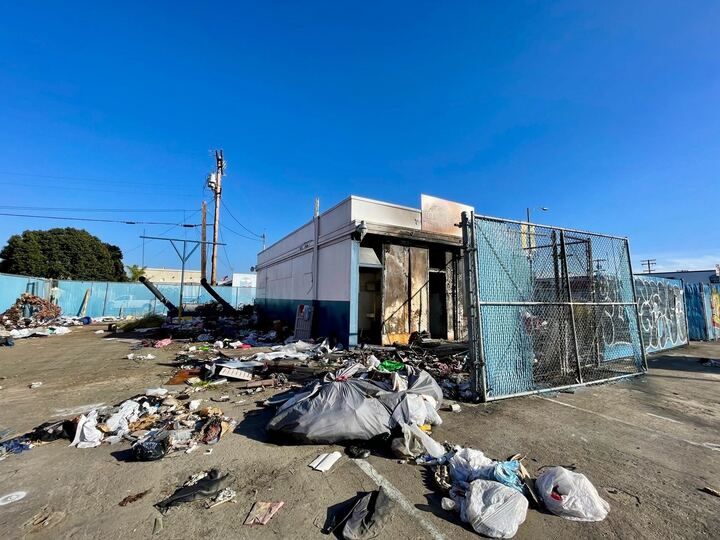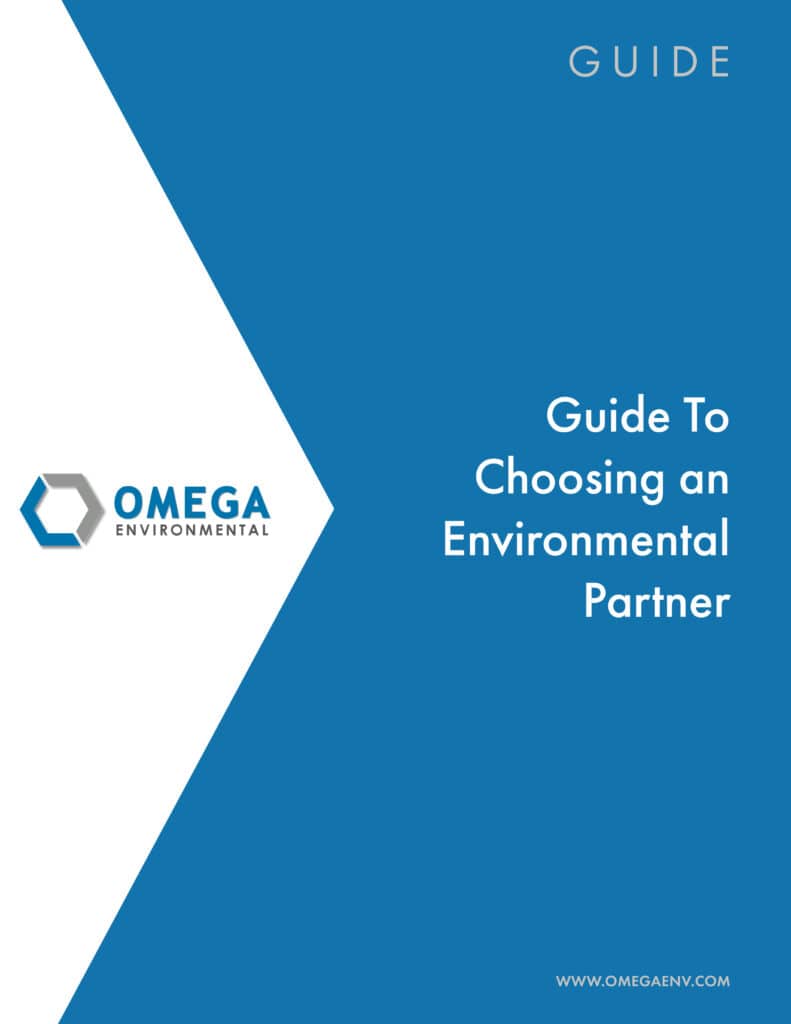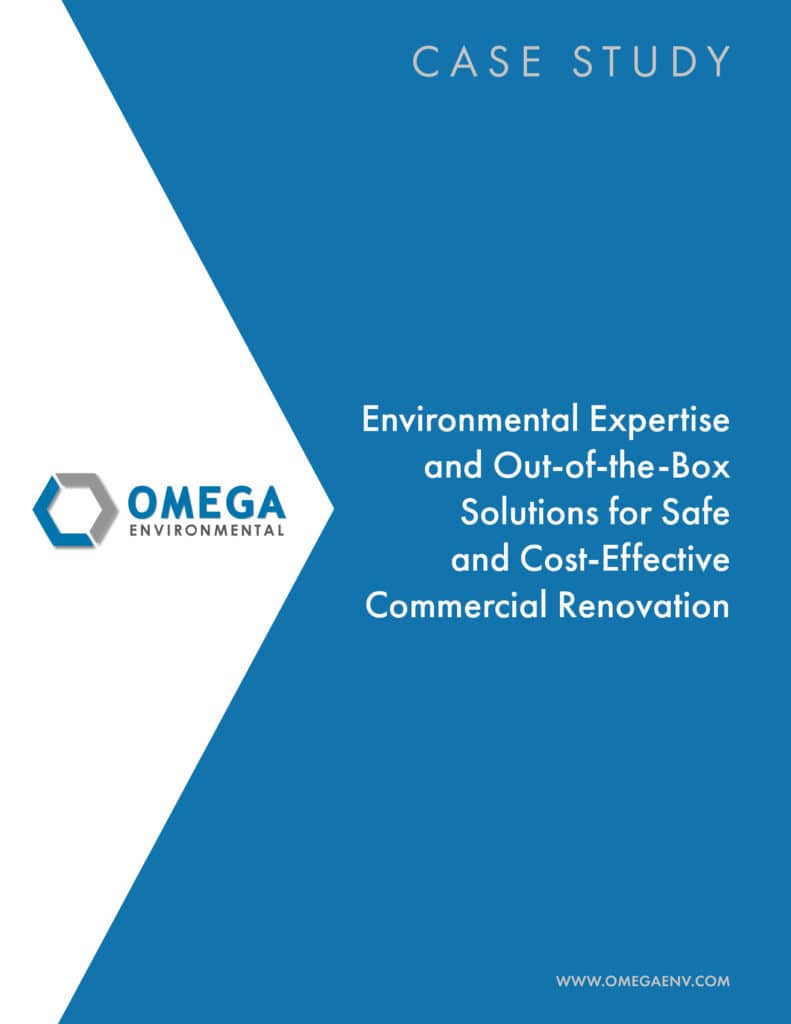The Definitive Guide to Environmental Risk Consulting
Why Environmental Risk Consulting is Crucial for Your Business Environmental risk consulting is a specialized service that helps businesses identify, assess, and manage potential environmental hazards like asbestos, lead-based paint, and chemical contamination. For general contractors, property managers, and developers, this translates into actionable strategies that protect property value, maintain…
Read More

Environmental Standards for Businesses: An Essential Guide
Why Environmental Standards Matter for Your Commercial Property Environmental standards for businesses are the regulations and best practices governing how commercial properties manage hazardous materials, protect workers, and maintain safe indoor environments. For property managers, facility managers, and building owners, complying with these standards is critical to avoiding fines, reducing…
Read More

Phase 2 Environmental Site Assessments Explained: A Complete Guide
What Is a Phase 2 Environmental Site Assessment? A Clear, Quick Answer A Phase 2 Environmental Site Assessment (ESA) is a detailed investigation that tests soil, groundwater, and sometimes soil vapor to determine if hazardous substances or petroleum products are present beneath a property. It occurs after a Phase 1…
Read More

The Ultimate Guide to Hazardous Materials in Old Buildings
Hazardous materials in old buildings can pose significant health risks, especially during renovations or demolitions. When working on an old structure, it's crucial to recognize and address these materials to keep both current and future occupants safe. Common hazardous materials found in old buildings include: Asbestos - insulation, tiles, cement…
Read More

When Moisture In Your Building Is Costing You, Here’s How To Take Action
Moisture problems in buildings can lead to significant issues, from structural damage to health hazards like mold growth. To prevent these problems from escalating, it's crucial to understand when and how to moisture test. Here’s a detailed guide on moisture testing, its importance, and the methods used. When Should I…
Read More








